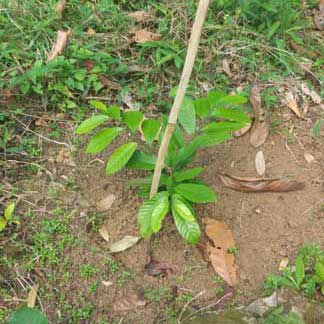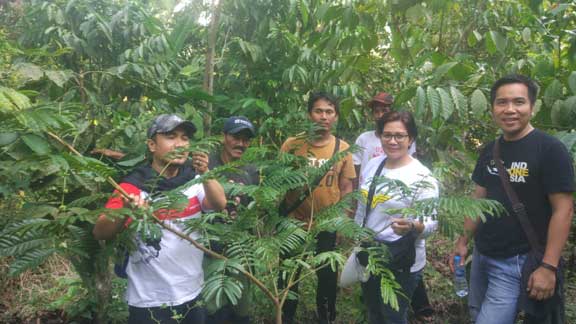Indonesia Rainforest Project
What is the issue at hand?
There are many factors as to why rainforests are being destroyed in Indonesia.
Commodities NZ care about the planet, and all those who live here. We wish to give back to nature and provide a new home for wildlife. We also believe it is important to look after the local villages who are neighbouring to the rainforest as they will also benefit from the forest through the fruit from the trees.
- Between June and October is Indonesia’s dry season. For decades forest fires have been an environmental crisis. Around 2.6 million hectares of land have been destroyed by fire in the past 20 years. Most of these fires were caused by humans, this is to prepare for agriculture or to drive people away when there are land conflicts.
- 772 species of wildlife are under threat in Indonesia. This includes mammals. Reptiles and amphibians, and birds.
- 73% of logging undertaken in Indonesia is done illegally. This means they are obtaining wood from unsustainable sources and without permission.
- Palm oil. Indonesia has 31% of the worlds production of palm oil. The demand for this product has increased by 32% in the last 5 years, meaning there has been a sudden increase in the clearing of Indonesia’s tropical forest to create monoculture palm oil plantations.
During December 2018, Commodities partnered up with Garuda Sylva, Forest Management Unit, Village Forest Management Agency and the University of Lampung to plant Hardwood and Fruitwood trees into the Rainforest in Lampung, Indonesia to help the local villages with food and economics, but also to help introduce wildlife back into the forest.
Commodities NZ has purchased Charcoal from South East Asia for 30 years now (from sustainable sources), we want to give back to the local villages who have helped us along the way by helping their economy grow, helping the wildlife and helping the environment.
We are planting trees in Rajabasa, South Lampung Regency, Indonesia.
Our team in Indonesia have been fertilising the trees planted in December 2018, and they are now starting to grow very well!
Saving nature is at the very heart of what we do as LIW.
For more than 50 years, we have made it our mission to find solutions that save the marvelous array of life on our planet by applying the best science available and working closely with local communities.
But our work is far from done. Humans are behind the current rate of species extinction, which is at least 100–1,000 times higher than nature intended.











